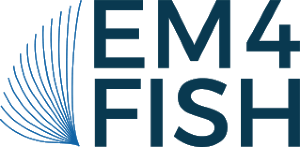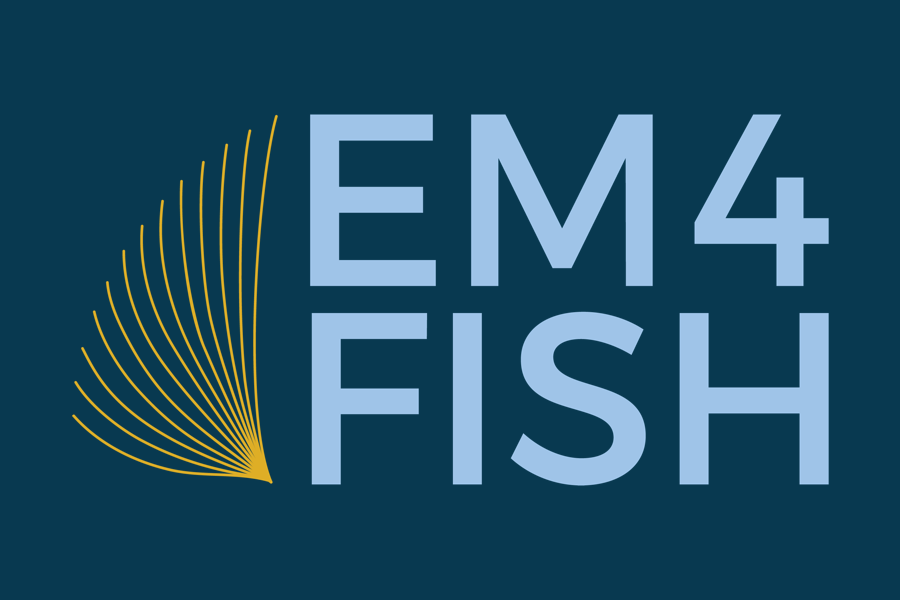Report on 2014 Solomon Islands Longline E-Monitoring Project
This report by Hosken, et al., summarises the results of a Video Electronic Monitoring project conducted on tuna longline fishing vessels operating in Solomon Islands waters during 2014.
The main objective of the project was to investigate the extent which Video Electronic Monitoring system (E-Monitoring) can record the data normally collected by observers on-board tuna longline vessels based on the required minimum data fields specified under the Western and Central Pacific Fisheries Commission (WCPFC) Regional Observer Programme (ROP).
The project partners were Tri Marine, National Fisheries Developments (NFD), Yi Man Fishing Company, Satlink (the service provider), Pacific Islands Forum Fisheries Agency (FFA), Oceanic Fisheries Programme of the Secretariat of the Pacific Community (SPC-OFP) and the Solomon Islands Ministry of Fisheries and Marine Resources (MFMR). The International Seafood Sustainability Foundation (ISSF) is also a major contributor through support of the Regional Electronic Reporting Coordinator position contracted by SPC.
Two CT-4 freezer longline tuna vessels were equipped with a video E-Monitoring system and each undertook two trips under this project. The E-Monitoring system (Satlink Sea Tube) installed onboard consisted of high-definition video cameras, GPS and a central computer to record all events and video footage.
The E-Monitoring data collected from these trips was analysed by experienced longline fisheries observers using the Satlink View Manager (SVM) analysis software. These office observers recorded all aspects of the fishing activity, including setting and hauling parameters, identifying fishing locations, the catch and size composition, and the fate of any bycatch taken. An independent fisheries observer was also assigned to each vessel to carry out the regular task of observing and recording the catch.
A comparative analysis between the on-board observer data and the E-Monitoring data is presented in this report and shows which of the required Regional Observer Programme (ROP) minimum standard data fields are adequately collected using E-Monitoring.
In the scope of implementing E-Monitoring technology in all or parts of the Western and Central Pacific Ocean fisheries, logistical and legal frameworks will be required at national and regional levels. The Pacific Community’s (SPC) knowledge and experience in managing observer data and the Pacific Islands Forum Fisheries Agency’s (FFA) expertise in fisheries legislative mechanisms mean that an SPC/FFA partnership will be paramount if the decision is made to advance EMonitoring in the region.
Eighteen Main Outcomes and 14 Recommendations are provided in the report.

